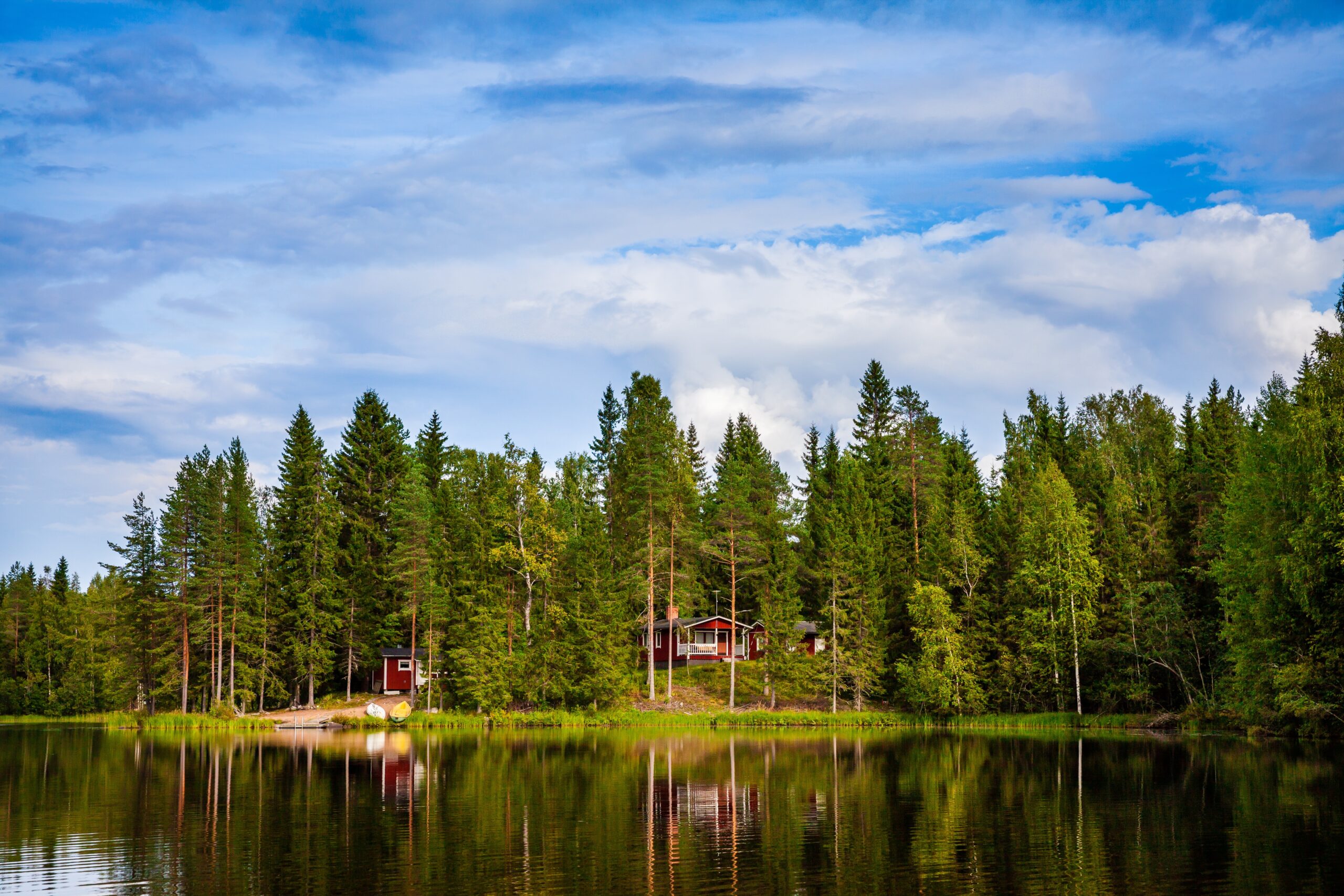Ross and Paul are brothers in their early
thirties. Both are successful – Paul is a senior tech executive in California’s
Silicon Valley and Ross runs a thriving commercial landscaping business in
Ontario.
Their father is a retired widower in the early
stages of estate planning. Most of his estate will be divided equally between
his two sons and the remaining balance will go to nieces, nephews and a couple
of charitable organizations. The disposition will be fairly straightforward,
involving the sale of assets – including the condominium where the father now
lives, stocks and bonds in an investment portfolio, a car and some artwork –
and the distribution of cash in a savings account.
The challenge: Equal love, but unequal use of
the family cottage
Things get more complicated when the family
starts discussing the cottage. Both sons love the cottage, and the father would
like to give each of them equal ownership. The challenge? Paul, the son who
lives and works in Silicon Valley, doesn’t use the cottage as frequently as his
brother does and is concerned he’ll end up paying half of all costs to own and
maintain it while getting less than half the benefits of cottage ownership.
How does the patriarch give each son equal
ownership in a cottage they both love while ensuring a fair distribution of the
burden of cottage ownership?
What we did for this family
What started out as a question about passing
down the cottage expanded into a conversation about tax planning, ownership
agreements and insurance. Here are some of the issues we discussed:
How will Paul’s U.S. tax status affect his
inheritance? No doubt Paul will need more
planning. He’s currently under the
threshold for federal inheritance tax and there is no state tax in California
where Paul currently lives, but that could change. Paul is not sure that he
will stay in California (or in the U.S. for that matter) but it’s important for
him and his father to be aware of potential tax liabilities from monetary
gifts. For example, if the father decides to give his sons part of their
inheritance while he’s still living, that may trigger a gift tax for Paul.
§
Can the
brothers come to a fair arrangement with the cottage? If both brothers accept equal ownership of
cottage but one uses it more than the other, it would be fair to come to an
agreement where the brother who uses it more also pays more of the ownership
and maintenance costs.
§
What
happens in the future when one or both brothers want to sell the cottage? The solution for this can be as simple as one
brother buying out the other. But as we’ve seen happen from time to time,
sometimes family members disagree about the value of the cottage or will
downright refuse to sell it. These are the contingencies that should also be
addressed in a cottage ownership agreement.
§
What
about spouses and extended family members? Most families want to keep ownership of their cottage “in the
bloodline.” But as their adult children get married, they face the risk of
divorced spouses laying claim to the cottage. This is where pre-nuptial
agreements and trusts come into play. This was part of the discussion was not
an easy one – one of the sons is married and the other is engaged – but it
helped to have us there as an external, objective party.
§
Strategic
use of life insurance. As part
of tax and estate planning, we put insurance on the father’s life: two separate
policies owned by Ross and Paul (one each) that will suffice the buyout of the
brother’s share in the future and a smaller one owned by the father to cover
the potential tax liabilities and other costs that would otherwise be charged
against the estate.
We didn’t go solo
While it was Rubach Wealth that created a
comprehensive financial and estate plan for the father, as well as a financial
plan for each of the sons, we also brought in other trusted advisors to support
these plans.
We consulted two lawyers: a tax lawyer with
experience in cross-border tax and estate planning, and one who specializes in
cottage ownership agreements.
The outcome
The father now has an estate
plan that includes the passing down of the family cottage to his two sons. The most
emotional aspect of the process for the father was the discussion around
protecting the cottage from claims by divorced spouses. The father associates the cottage with so
many happy summers when his wife was still alive. Now he feels at ease knowing
the cottage will stay in the family.
The brothers are currently
working on their cottage ownership agreement. They’re looking at historical
information to see how often each brother has used the cottage in the last five
years, and will also be tracking usage over the next couple of years. This will
help them come to a fair agreement based jointly on usage and ownership.



